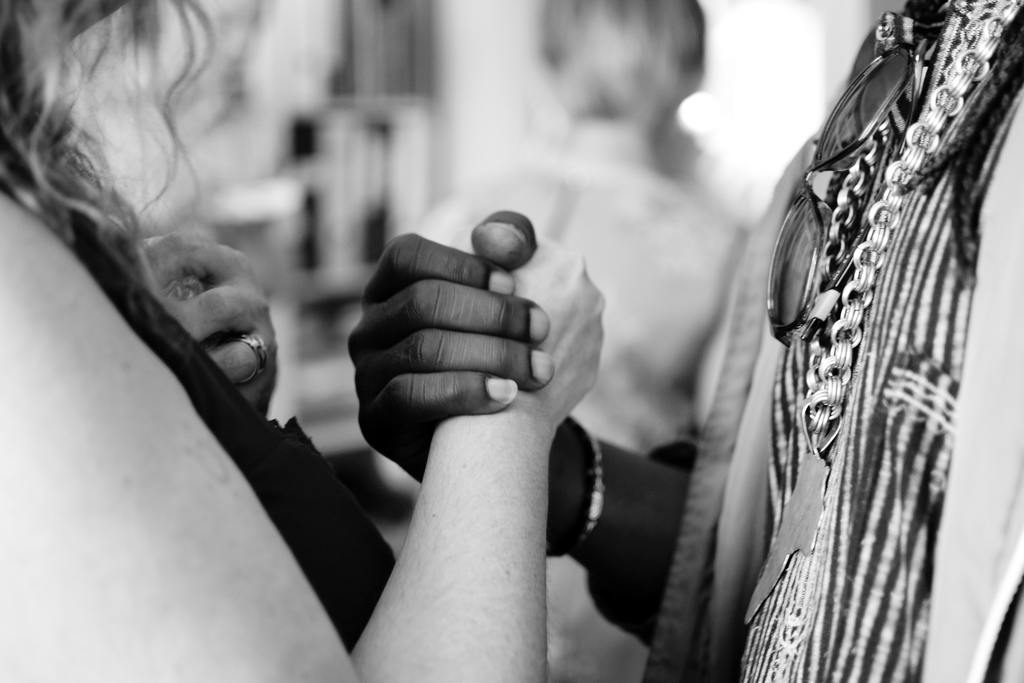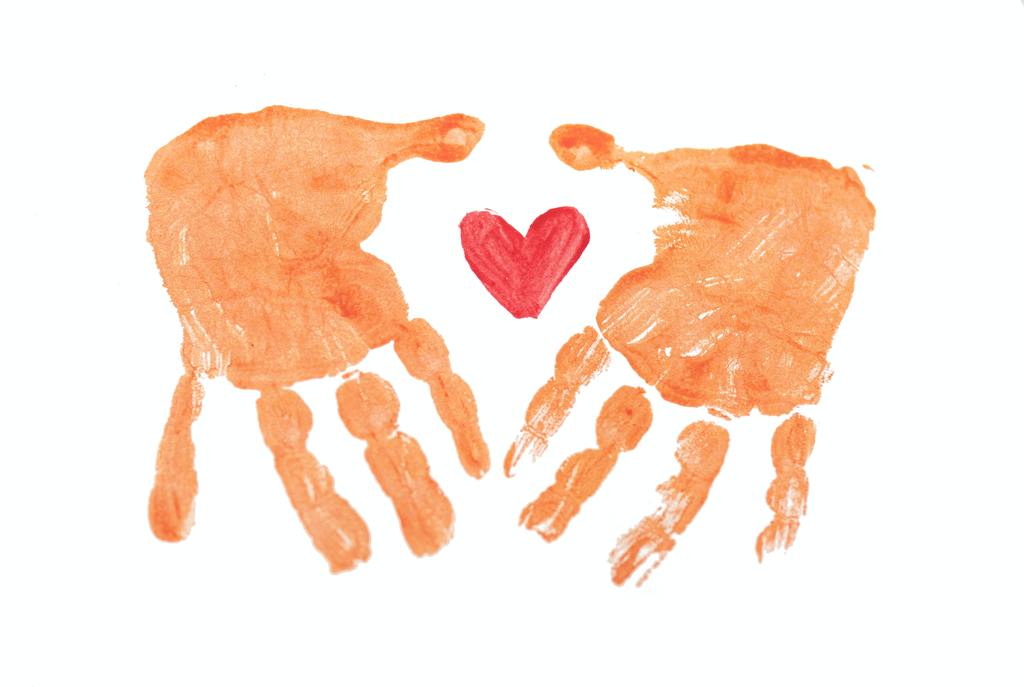 Institute for Societal Resilience
Institute for Societal Resilience
Understanding resilience through engaged scholarship
Diversity in healthcare

Although diversity is everywhere, many people are still looking for a way to deal with it. In healthcare, patients and clients want to be treated as normal and unique individuals. Many patients and clients who belong to one (or more) minority groups regularly feel that they are not heard or that they have not received appropriate care.
Healthcare professionals are expected to act impartially and provide personal care, but also to be proactive. However, these professionals often feel powerless. Management looks for ways to promote unity and solidarity in their teams, while trying to ensure a diverse and safe work culture for all team members. Government officials and local authorities are expected to translate (general) policy into daily practice and, conversely, to ensure that daily practice is in line with these (abstract) guidelines and the paper reality.
It is difficult to establish and maintain lasting personal contact in a healthcare system that consists of many layers and where professionalism is measured by the degree of impartiality, rationality and speed with which the healthcare providers work. Researchers and teachers must develop and test new forms of interventions time after time, provide clear answers and learn how practice can be improved, without becoming involved themselves. In the quest to connect layers and disciplines and in the provision of care, there is a growing number of informal care volunteers and an increasing number of (local) self-help organisations and citizen initiatives in the field of care. This is despite the fact that economic and moral scarcity puts increasing pressure on these healthcare volunteers.
This therefore calls for sustainable (rather than temporary) projects aimed at transforming daily practice, policy, education and research. These projects will have to use creative methods in which all players involved are equal partners. Assumed and established boundaries, knowledge and frameworks will have to be challenged. In this way, diversity can become more than just a ‘problem’ or a ‘celebration’. It can go beyond words and usher in new inclusive ways of healthcare.
- Status
- Completed research
- Original language
- Dutch
- Researchers
- Marjolein Broese van Groenou



